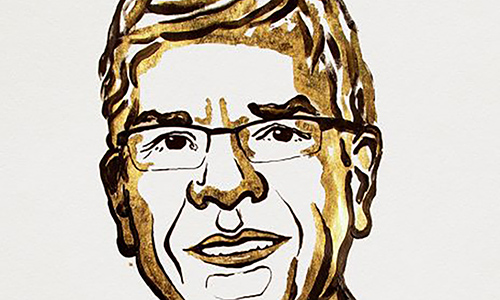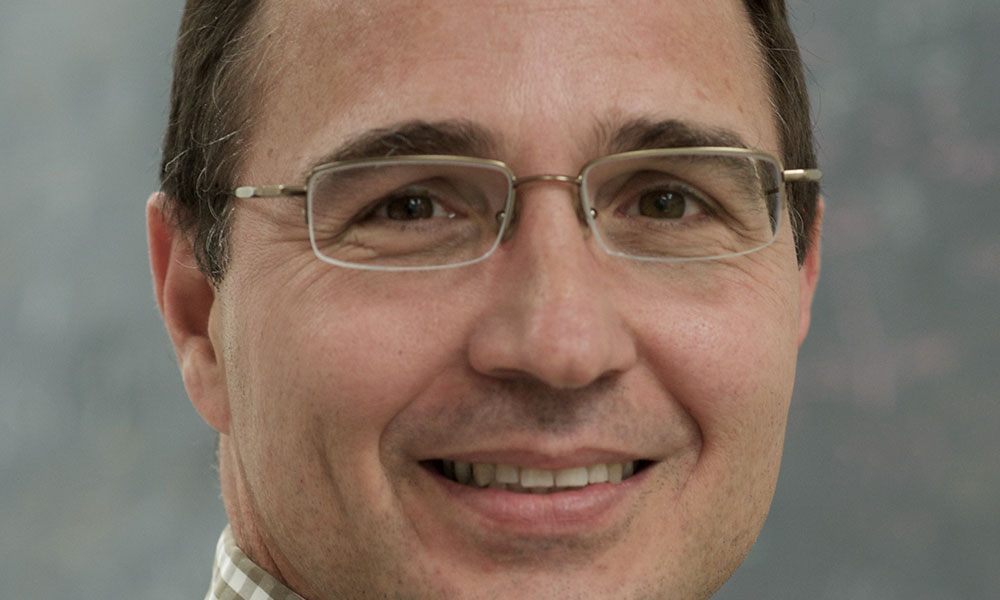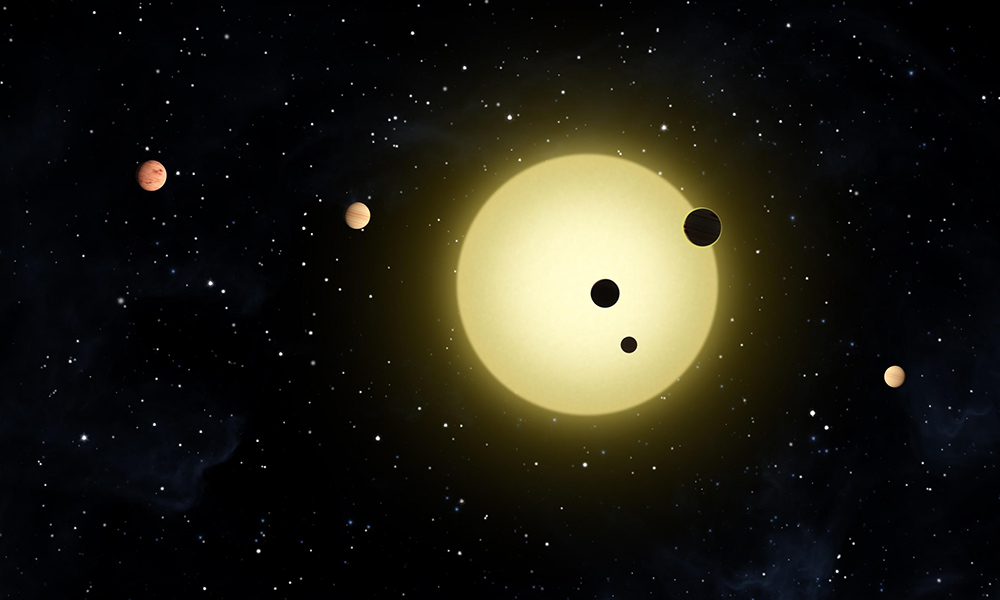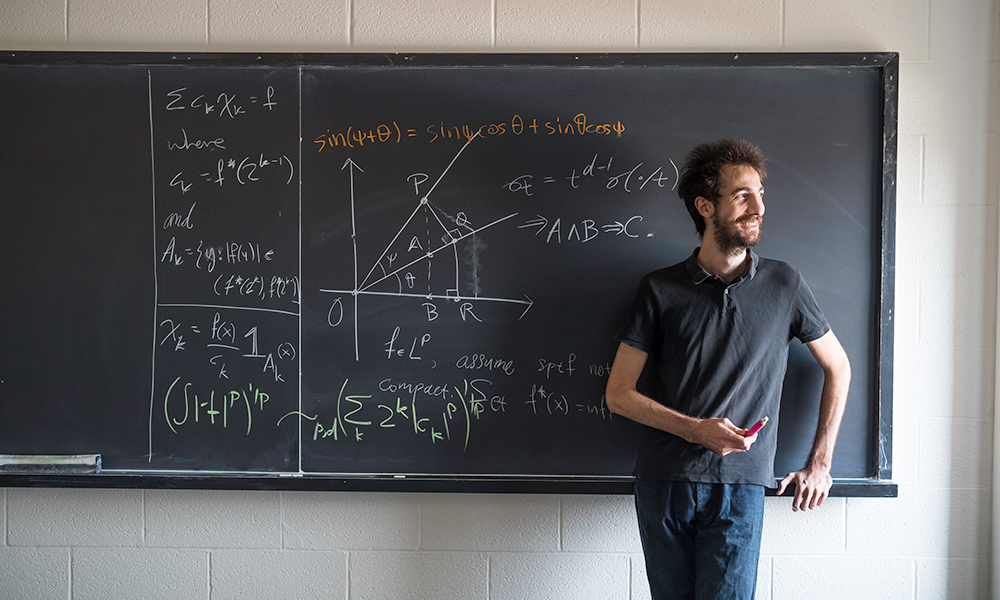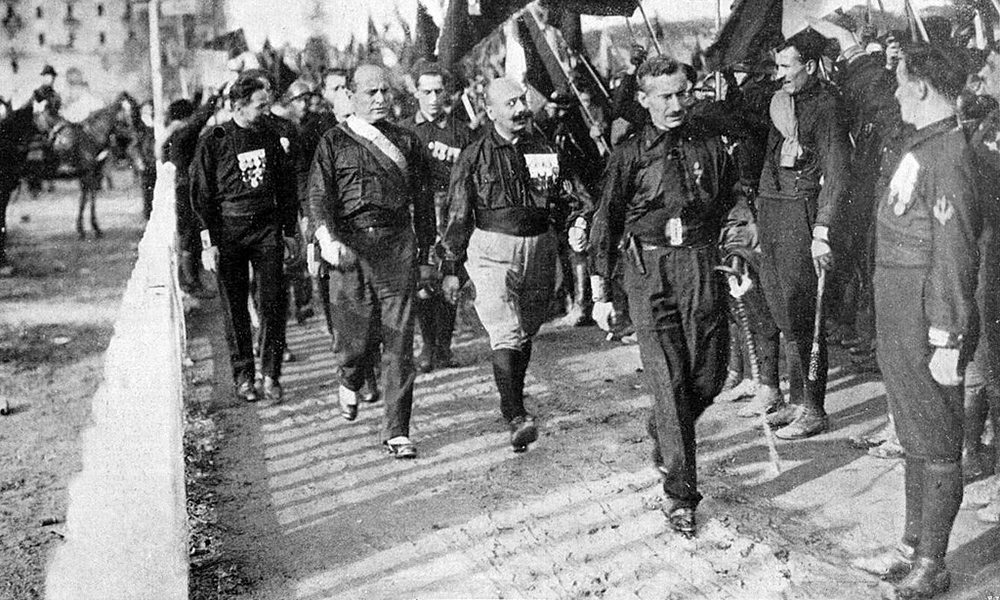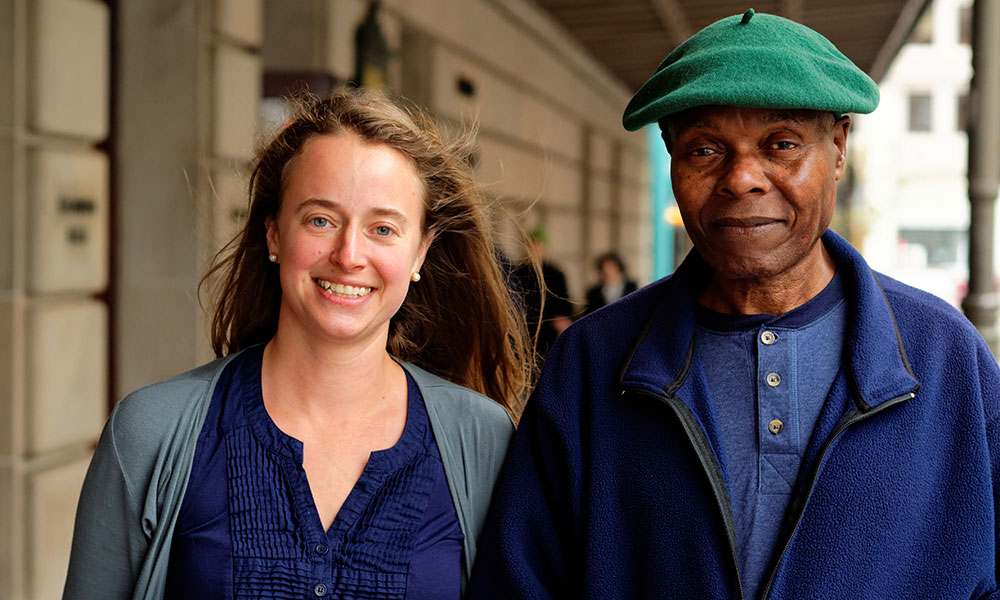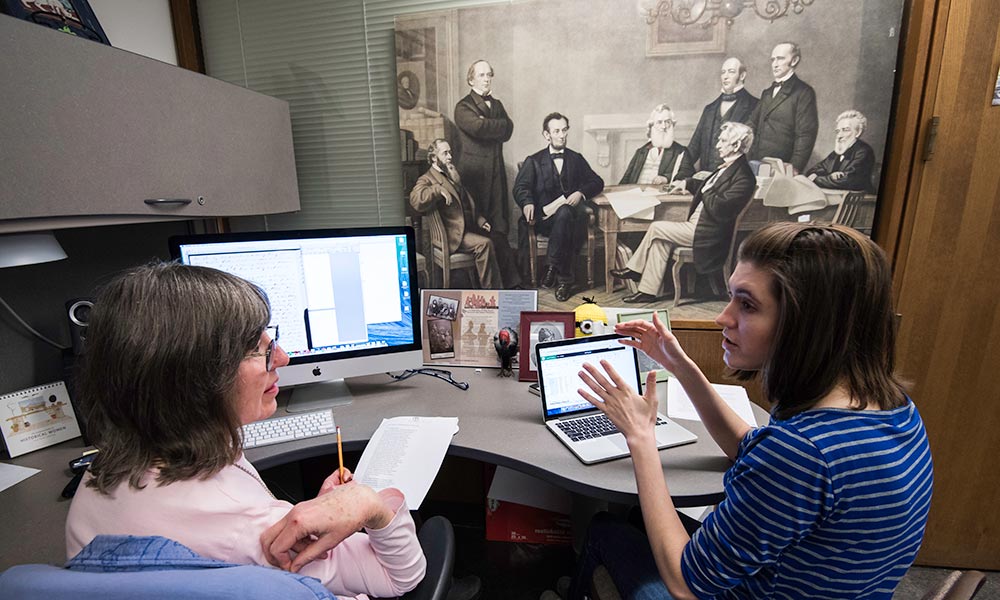
Society & Culture
Seward Family Digital Archive project tops $1 million in grant money
October 11, 2018
The project brings together students in the humanities and computer science and retired volunteers to help transcribe the thousands of Seward family letters written in Victorian-era cursive handwriting.

